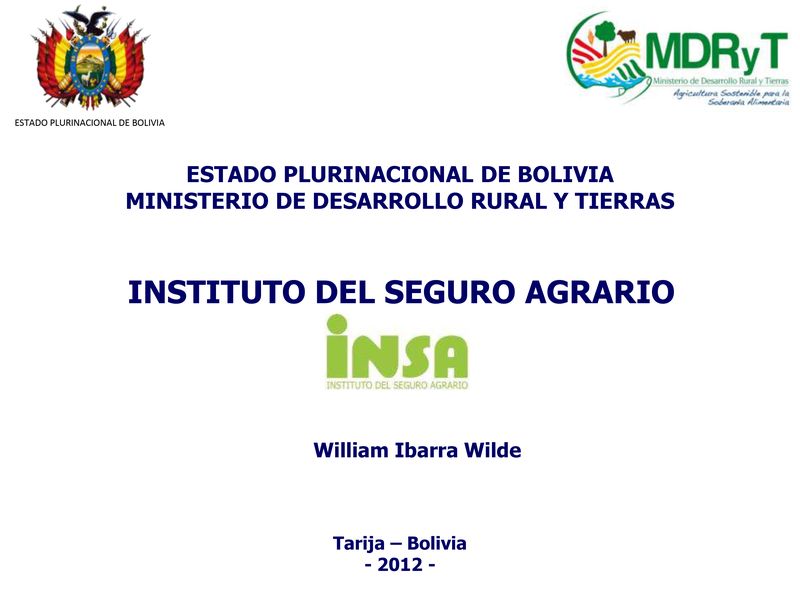2012 Global food policy report: Overview
This 2012 Global Food Policy Report is the second in an annual series that provides an in-depth look at major food policy developments and events. Initiated in response to resurgent interest in food security, the series offers a yearly overview of the food policy developments that have contributed to or hindered progress in food and nutrition security. It reviews what happened in food policy and why, examines key challenges and opportunities, shares new evidence and knowledge, and highlights emerging issues.






